Posted on 10/28/2024
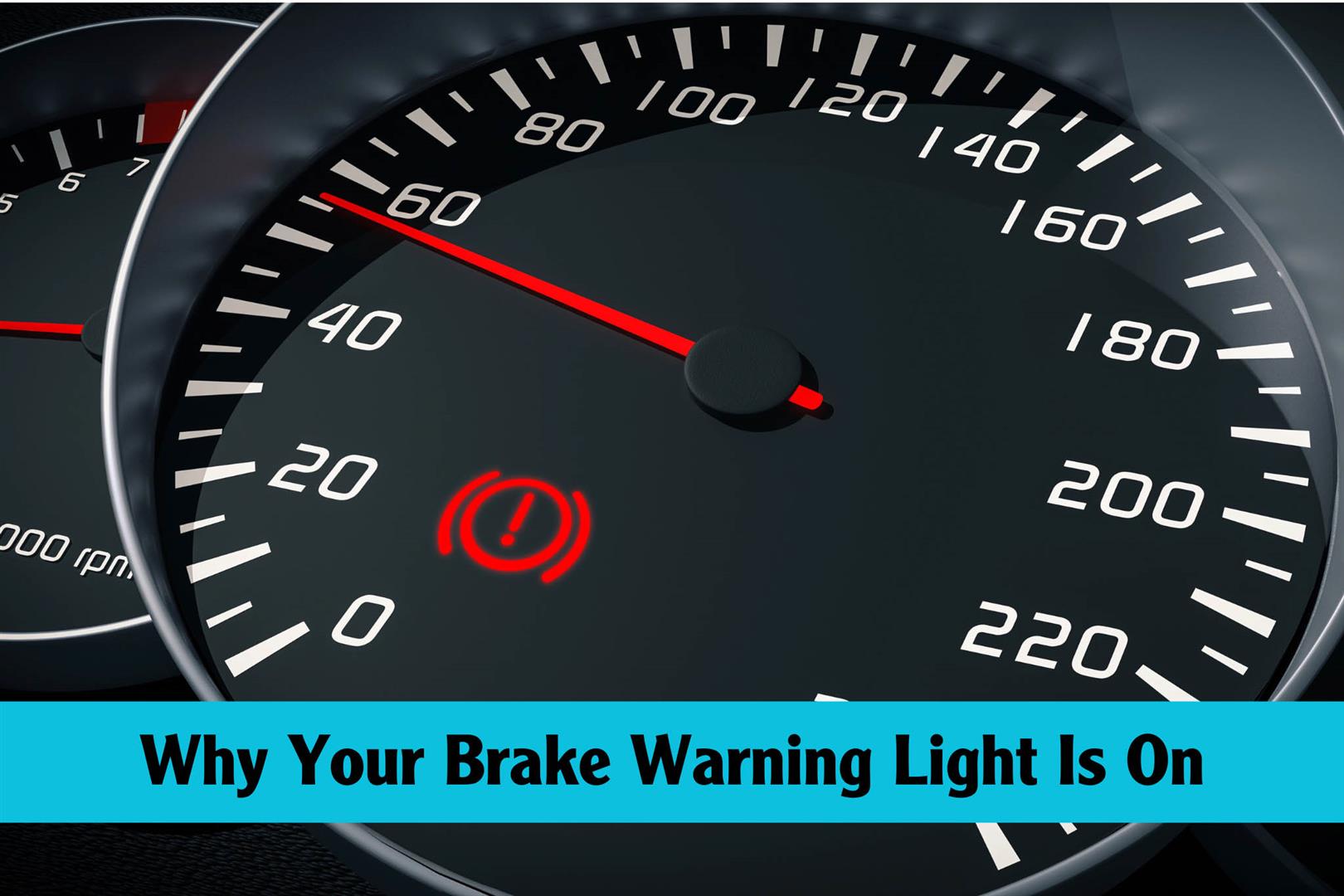
Why Your Brake Warning Light Is On and What to Do About It Seeing a warning light on your dashboard can be stressful, especially when it’s the brake warning light. But don’t panic—here are a few common reasons your brake light might be on and what you should do about it. What Could Cause the Brake Light to Come On? Low Brake Fluid: Your brake system relies on fluid to work, and if the fluid level is low, the brake light will come on. Low fluid can be a sign of worn brake pads or a leak in the system, both of which need to be addressed immediately. Worn Brake Pads: Some cars have sensors that trigger the brake light when the pads are worn down to a certain level. If your pads are nearing the end of their life, this light may be warning you that it’s time for a replacement. Parking Brake Engaged: Sometimes the simplest explanation is the correct one. Double-check that your parking brake is fully disengaged. If the light is still on, you likely have a more ser ... read more
Posted on 10/23/2024
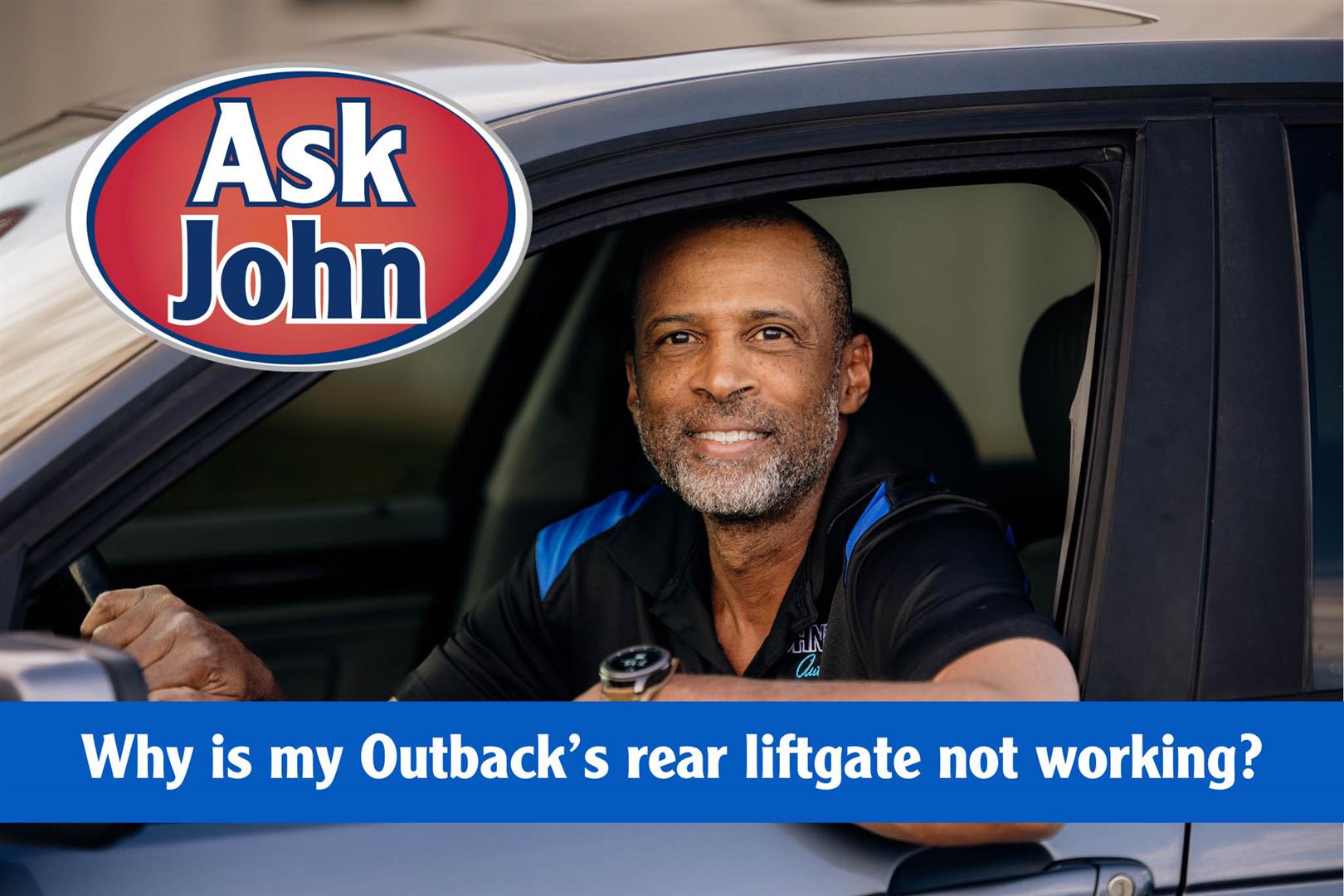
The rear lift gate of a Subaru Outback is a feature most drivers rely on every day, making it a real hassle when it suddenly stops working. If you’re having issues with your Outback’s lift gate, you’re not alone. Here's a look at some common problems and possible solutions. 1. Battery Problems The rear lift gate in newer Subaru Outbacks is powered by electricity, which means it relies on the car’s battery to function. If your battery is weak or drained, the lift gate might not open or close properly. Try checking the battery level and connections first. Pro Tip: If your lift gate is slow to respond or doesn't open at all, it might be time to inspect or replace your car's battery. 2. Liftgate Motor or Actuator Failure The motor or actuator responsible for opening and closing the lift gate can wear out over time. If you hear a clicking noise but the lift gate doesn’t move, the motor or actuator could be t ... read more
Posted on 10/21/2024
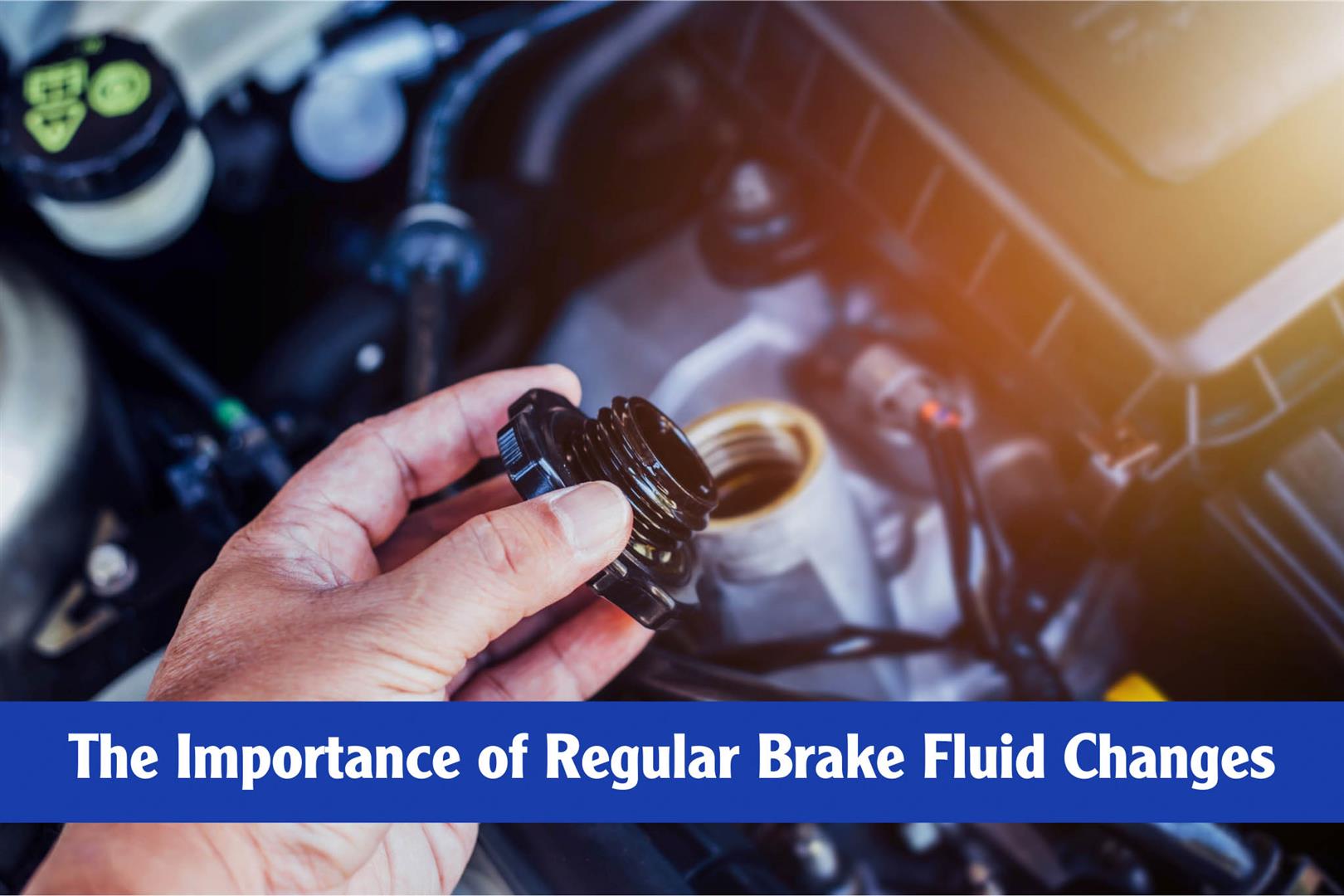
Your car’s brake system relies on more than just brake pads and rotors. Brake fluid is a crucial part of the system that helps your car stop safely, yet it often goes unnoticed. Keeping your brake fluid fresh can prevent costly repairs and ensure your brakes work properly when you need them most. Why Brake Fluid Matters: Brake fluid is hydraulic fluid, which means it transfers the force from your foot on the brake pedal to the brakes themselves. Over time, brake fluid can absorb moisture from the air, which reduces its effectiveness. Moisture in brake fluid can lead to: Corrosion: Water in the brake fluid can cause rust and corrosion in your brake lines, calipers, and other components. This can lead to leaks or even brake failure if left unchecked. Decreased Performance: Moisture reduces the fluid’s boiling point, causing it to vaporize under heavy braking, especially in Colorado’s mountainous areas. This is known as “brake fade” and can make it hard ... read more
Posted on 10/16/2024
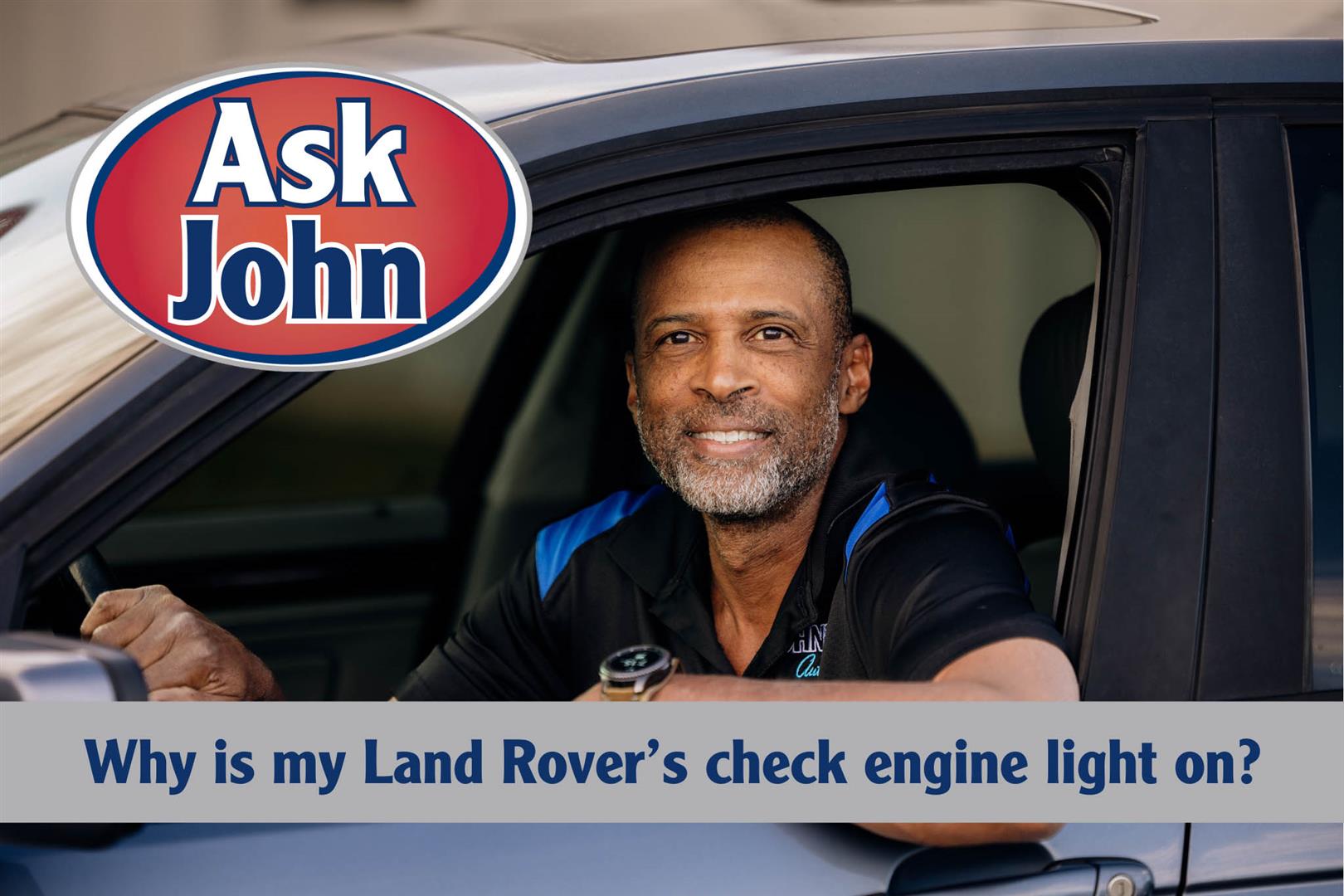
Seeing your Land Rover’s check engine light pop on can be stressful, but it’s not always a sign of a major issue. It’s your vehicle’s way of letting you know something needs attention—whether it’s a minor fix or a bigger repair. Let’s break down some common reasons that could trigger this light and what to do about it. 1. Loose or Damaged Gas Cap One of the simplest causes of a check engine light is a loose or faulty gas cap. If the cap isn’t sealed properly, it can cause fuel vapors to leak, triggering the light. Always double-check your gas cap after fueling up to ensure it’s tight. If it’s damaged, replacing it might solve the problem. 2. Oxygen Sensor Issues Your Land Rover relies on oxygen sensors to monitor the air-fuel mixture in the engine. Over time, these sensors can wear out, causing the check engine light to come on. Ignoring a bad oxygen sensor could lead to reduced fuel efficie ... read more
Posted on 10/14/2024
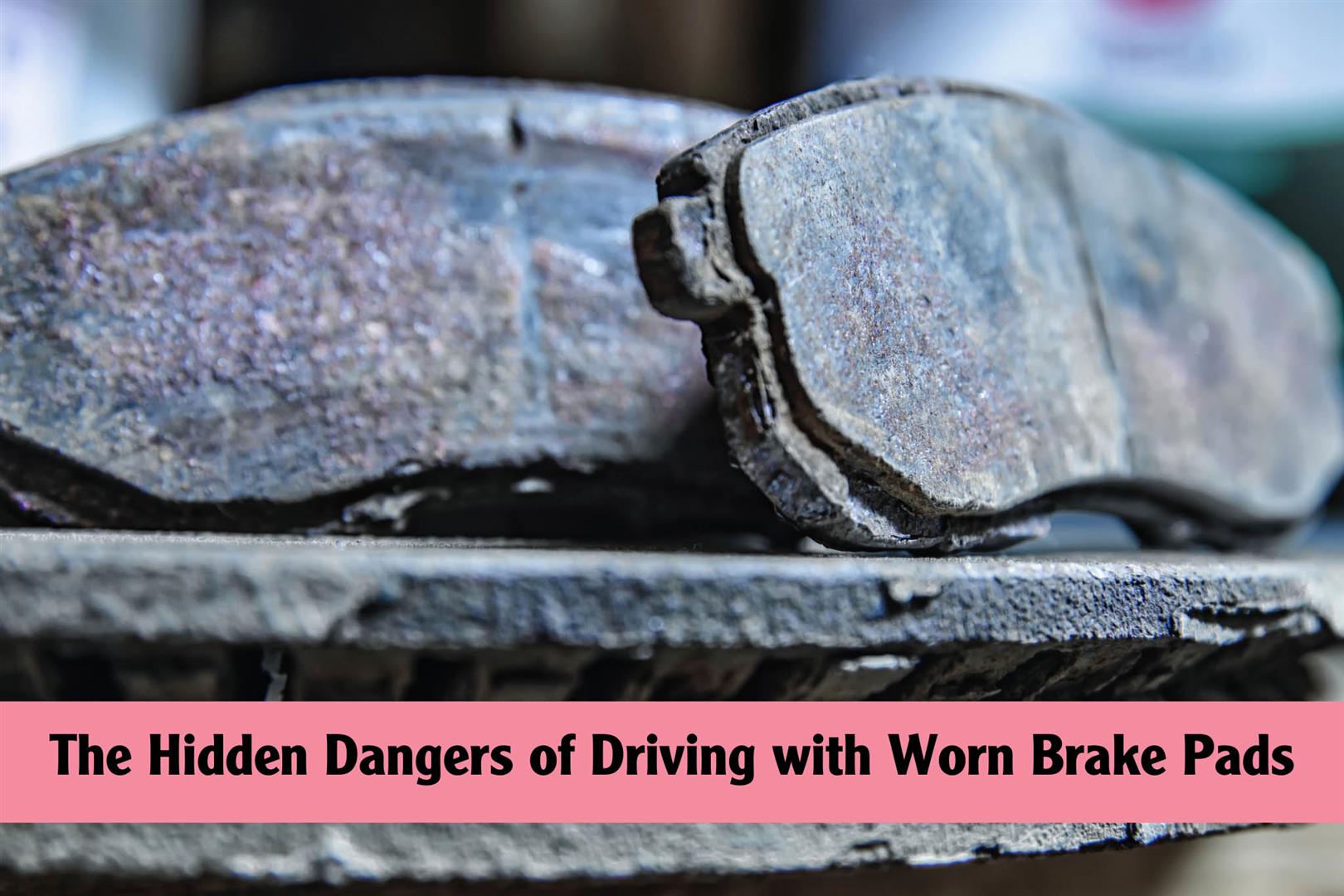
Brake pads are one of the most critical components of your vehicle's safety system. They’re designed to wear down over time, but driving with worn brake pads can put you and your passengers at risk. Let’s look at why replacing brake pads promptly is so important. Why You Shouldn’t Ignore Worn Brake Pads: Longer Stopping Distance: As brake pads wear, they become less effective at stopping your car quickly. In an emergency, this could make all the difference between a near miss and an accident. With Boulder’s unpredictable weather and winding roads, you need your brakes at their best. Damage to Calipers: Worn brake pads can damage your brake calipers. When the pads wear down too much, the caliper pistons have to extend further to reach the rotor, which can lead to excessive wear and potential damage to the caliper itself, including issues like sticking pistons or rust buildup on the piston seals. When pads are completely worn down, the metal backi ... read more